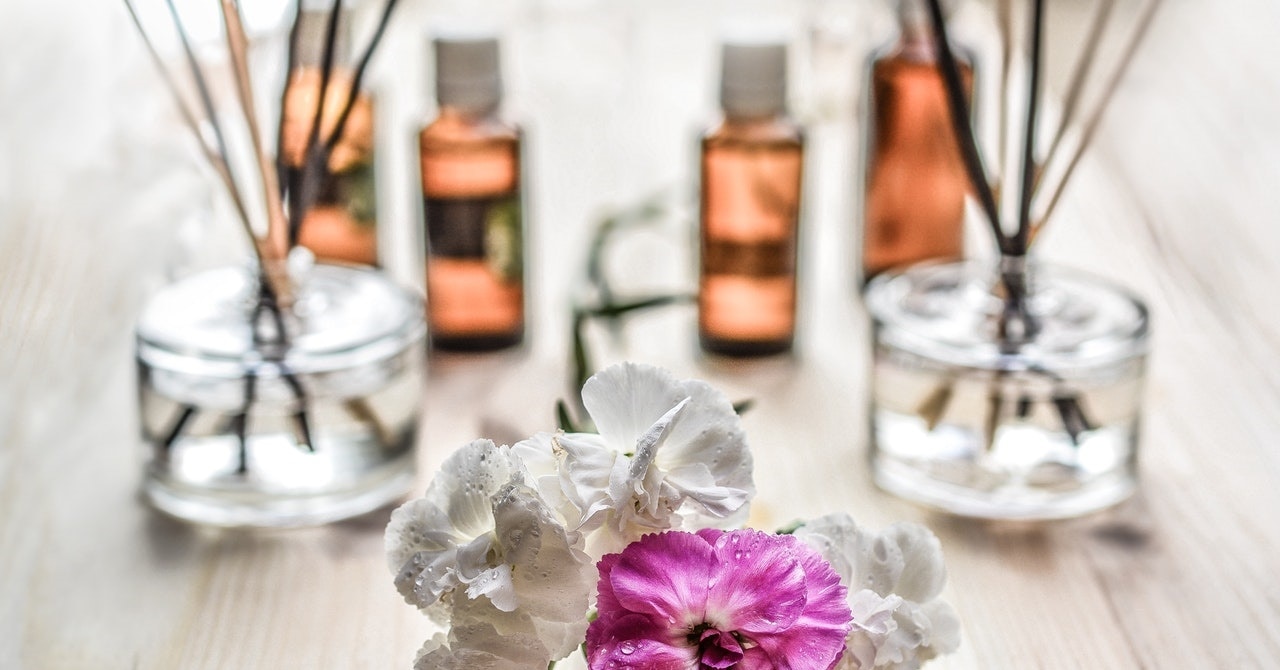Allergies afflict up to 15 million individuals in the United Kingdom each year, making them one of the leading causes of chronic disease in the country. Spring, late winter, and summer are common times for individuals to develop allergies as the weather transitions from one season to another. Some plants that begin to blossom may also trigger allergic reactions in people. When it comes to allergies, they aren't always a reason for alarm, but they may be a great source of irritation since they interfere with everyday activities.
Allergies may create a wide range of physical symptoms, ranging from a little irritation to excruciatingly painful. Coughing fits and nasal congestion are just two examples of the symptoms that might occur. Unfortunately, there are no permanent remedies for allergies, which means that they cannot be treated in the conventional sense. However, this does not rule out the possibility of managing your allergy symptoms depending on their kind and the time of year. Essential oils are a powerful alternative therapy for allergy symptoms that may be used in conjunction with other medications.
1.Peppermint
Despite the fact that peppermint has not been shown to produce an antihistamine reaction, it is quite efficient in cleaning sinuses. Peppermint also has a soothing and relaxing impact on your muscles, which helps to decrease inflammation and offer relief from chronic coughing and wheezing. Although the oil does not eliminate the allergic reaction, it does help you feel better by lowering the symptoms of the allergy.
The oil may also be beneficial in the treatment of mental weariness and anxiety, which are symptoms that are extremely frequent among allergy sufferers. In part because of these qualities, peppermint may be beneficial in the treatment of seasonal allergies. In other words, you may go about your daily personal and professional activities without having to cope with the uncomfortable symptoms of an allergy.
2.Lemon
In the midst of allergy season, you can depend on lemon essential oil to help break up mucus and alleviate a variety of symptoms such as a stuffy nose and persistent coughing. Because of its mucolytic characteristics, lemon essential oil helps you relax while the invigorating smell guarantees that your senses are re-energized, allowing you to continue with your everyday activities while controlling all of the allergy symptoms.
Because lemon essential oil has the potential to make your skin too sensitive to sunlight, it is not suggested that you apply it straight to your skin directly. Instead, you may use it in diffusers or create a lemongrass tea to get the greatest advantages from its properties.

3.Eucalyptus
The usage of Eucalyptus essential oil may be quite beneficial when suffering from nasal congestion or a stuffy nose, as it helps to break up phlegm and mucus, which helps to clean out your sinuses. The oil contains anti-inflammatory effects, and it has a pleasant minty or menthol-like scent that is not only delightful to breathe in, but it also helps you to breathe more easily and effectively.
You may use the Eucalyptus oil alone or in combination with a carrier oil, or you can use it in aromatherapy or diffusion. Using a little dab and gently rubbing it into your chest will do the job just fine. Eucalyptus is known for its ability to cure severe symptoms associated with seasonal allergies, such as sore throat, cough, hoarseness, nasal congestion, and stuffy nose, in a very short period of time.
4.Lavender
With its ability to act as both a calming aromatherapy agent and an antihistamine, lavender oil also provides very potent anti-inflammatory benefits that have been shown to lessen allergy-related inflammation in your sinuses. It may also help you sleep better at night by having a relaxing influence on you. It can also help you ease symptoms such as itchy and swollen eyes and enable you to enjoy a decent night's sleep.
Due to its soft and soothing impact on the skin, lavender is a wonderful anti-allergy solution for skin allergies as well as other types of allergies. Additionally, research has shown that it might help to expedite the healing process. Lavender oil may be used straight to the skin or mixed with other skincare products to provide a soothing and rejuvenating effect.

5.Chamomile
It has been shown that the essential oil of Chamomile has anti-inflammatory characteristics that may be used to treat the symptoms of sinusitis, mucous membrane irritation, and skin disorders, among other things. It was also discovered that chamomile oil, when used topically after being combined with a carrier oil, may be beneficial in alleviating the swelling and irritation that are commonly associated with eczema.
It may assist you in clearing your airways and allowing you to feel relaxed and tranquil, allowing you to recover rapidly and return to your usual life as soon as possible. A calming effect may be obtained by mixing certain variations of the oil with your favourite body lotion and shampoo.
6.Rosemary
Because it contains alpha-pinene, a powerful chemical that aids in the clearing of clogged airways, rosemary essential oil has been demonstrated to improve the quality of your breathing as well as lessen wheezing, which is often an indication of difficulties in respiration. Rosemary is also antispasmodic, which means that it will relieve congestion while also preventing cramping and muscular pains from occurring.
When you use rosemary essential oil, you will experience a sensation of peace and relaxation in both your mind and body, allowing you to continue with your usual activities while healing. Depending on your own tastes, you may use Rosemary essential oil in a variety of ways, such as in an aromatherapy diffuser, candles, or soap.
7.Sandalwood
As a result of its ability to suppress histamine production, sandalwood essential oil may help to diminish the body's immune system's reaction to allergens. Its characteristics will make you feel better by lessening the congestion of the airways that is caused by inflammation and will help you breathe easier. You will no longer have to battle with a stuffy nose, and the oil will help you to feel peaceful and relaxed, allowing you to recuperate in complete comfort. Sandalwood also has a mild yet calming perfume that makes it an excellent choice for aromatherapy, particularly if you are having difficulty maintaining your calm.
Many different types of Sandalwood essential oil may be utilised in a variety of ways, including spread in an aromatherapy diffuser and added to candles and soaps.
Final Word
Seasonal allergies are generally more than just a little inconvenience; they may have a negative influence on your entire quality of life. Because of the symptoms of coughing and swollen eyes, it is very difficult to do daily chores in either your personal or professional life while you are suffering from the common cold. The use of essential oils, which vary depending on the type of your allergy, may help you minimise the symptoms of your condition.